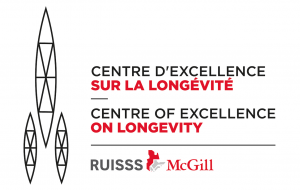[vc_row][vc_column width=”1/4″][vc_column_text]Partners
- Department of Geriatrics at the Jewish General Hospital
- Emergency Medicine Department of the Jewish General Hospital
- Akinox Inc.
- Telehealth RUISSS McGill
[/vc_column_text][/vc_column][vc_column width=”3/4″][vc_column_text]Context
Elderly people are the patients who attend emergency rooms most frequently. The accumulation of morbidities in this increasingly large group of patients creates major structural challenges, requiring new treatment approaches to maintain an effective and efficient healthcare system.
Now and in the future, more and more elderly people will have the technical skills required for them to use online healthcare applications. We have recently shown that elderly patients are capable of independently analyzing their state of health for themselves, using a self-administered questionnaire (SAQ). We have also demonstrated that they can use this questionnaire in an online format that is accessed via a web platform.
We have published the hypothesis that an Internet application, based on medical and social recommendations depending on the answers to an online SAQ can improve the state of health of elderly people following their visit to an emergency ward, which could reduce the number of repeat visits and the duration of stays in emergency ward visits, followed by a consequent reduction in admission rates.
Objective
> To examine whether the use of an Internet application providing medical and social recommendations depending on the answers to a self-administered health questionnaire would reduce the number of visits to emergency wards, the length of stay in emergency wards, and admission rates to the hospital among elderly patients following their first visit to the ER.
Actions
- Development of a research protocol
- Submission of the protocol to a request for projects issued by IRSC and the Toronto Baycrest University
- Partnership with the RUISSS McGill and IT business
[/vc_column_text][/vc_column][/vc_row]



